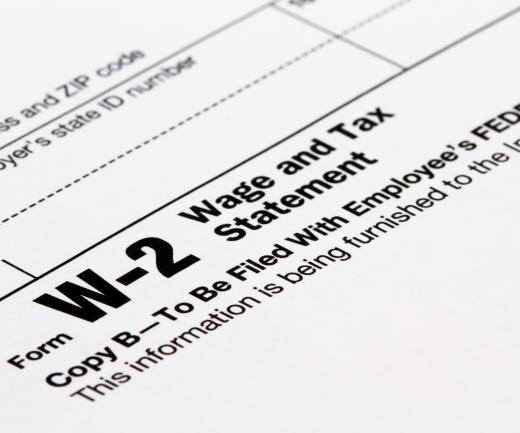In most cases, employers in the United States pay payroll taxes to the Internal Revenue Service by means of electronic funds transfer (EFT) initiated by the employer, or on the employer’s behalf by a third party, such as an accounting firm or a payroll service. They must be paid within a certain time after the issuance of the payroll, based on its size, according to schedules published by the IRS. Significant penalties are assessed if payroll taxes are paid late or not at all. Payments of state payroll tax liabilities are made in different ways, and are determined by each state's tax agency.
The EFT system was instituted at the beginning of 2011 for most employers; smaller employers have the option of paying some amounts on a quarterly or annual basis when they file their tax returns. As soon as practical after the payroll has been issued, but within the time frame set forth by the IRS, the employer sets up the payment online and specifies the date the IRS is to transfer the funds from the payer’s account. Only summary information is entered when the EFT is set up; the detailed data allocating the payments is filed with the employer’s quarterly report, which also reconciles any differences. If the quarterly report shows additional taxes are due, they can usually be paid with a paper check accompanying the report when it’s filed.

Although it may seem to be risky to make tax deposits separately from filing the reports that allocate those payments to individual taxpayers, the system has worked well in the United States, with a thorough system of accounting for and correcting errors. Thus, most employers pay payroll taxes within just a few days of the date the payroll was issued, filing reports on a quarterly basis to account for the amounts deposited. This system ensures that tax liabilities are met as quickly as practical after they’re incurred while giving employers the time to prepare the explanatory reports.

Payroll taxes in the United States are taken both from employees’ pay and employers’ funds. The money withheld from employees’ earnings goes toward income tax obligations, and insurance premium payments for Social Security, Medicare and state or local insurance programs, such as disability or unemployment. Employers must match their employees’ payments for Social Security and Medicare, and must also pay federal and state unemployment insurance premiums, and in some cases, state disability insurance premiums.
For employees, income tax withholding is calculated separately for individual employees, based on their actual earnings and information provided on their W4 forms. The premium for Social Security is 6.20% of the employee’s gross earnings until the annual earnings have reached a cap established by the Congress, which was $106,800 US Dollars in 2010. The premium for Medicare is 1.45% of all earnings.
Calculating the employers' contributions can be complex, as it involves caps on the amounts subject to the tax, and federal credits for payments made for state unemployment tax. Most payroll services and enterprise payroll software perform these calculations. All amounts are combined when employers pay payroll taxes, except for unemployment insurance taxes, which are paid quarterly every time the total liability reaches or exceeds $500.
